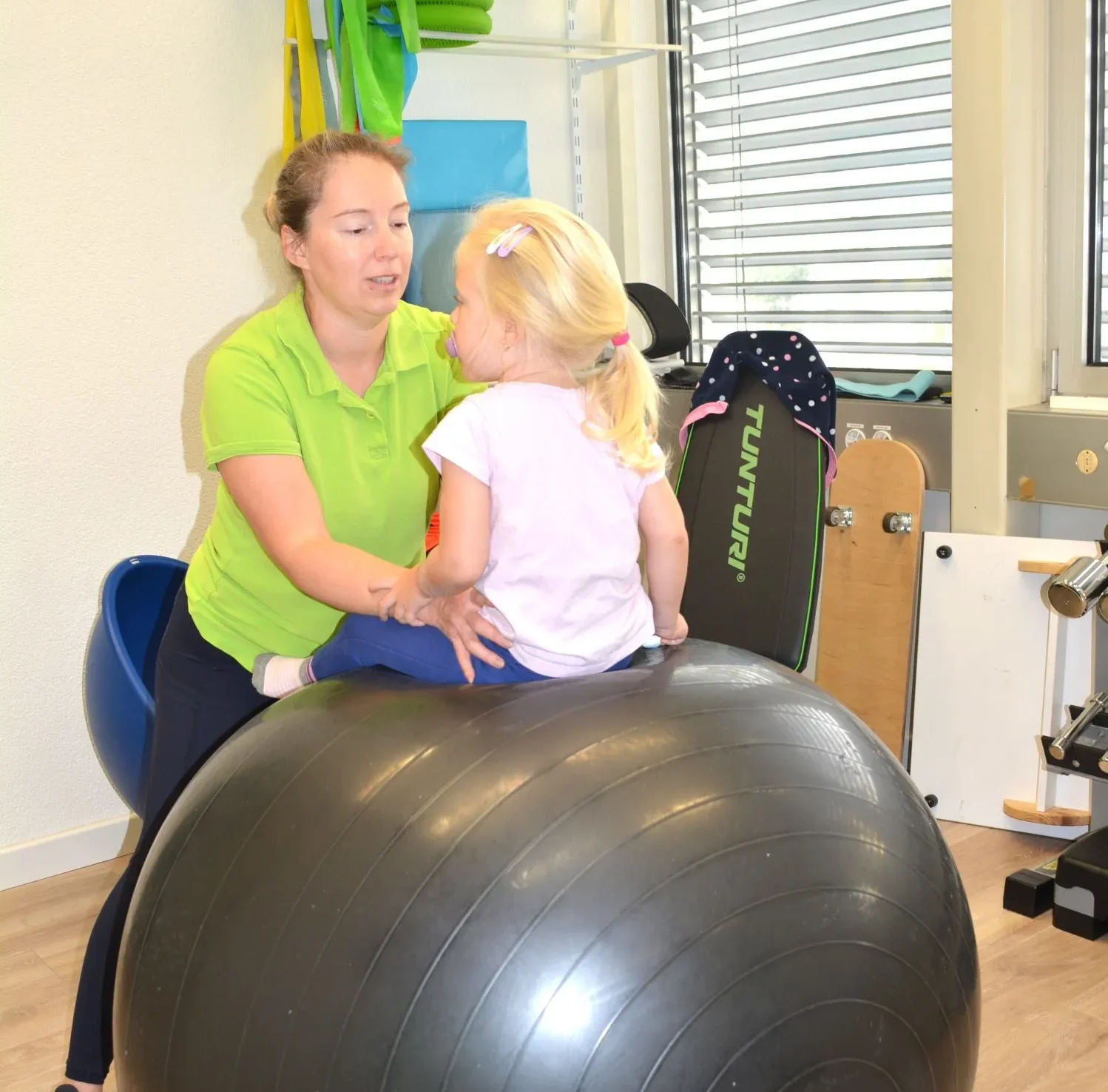LongiKid® Test
Longitudinal Complex Test, or LongiKid® for short, is a sensorimotor test that can be used to assess the condition of children aged between 3 months and 11 years. The test was developed by Katalin Lakatos, PhD, and Rita Vándor, and requires a number of specially developed tools, which won the Hungarian Product Award in 2013, that allow children's skills to be assessed in a playful way. It also includes tools that test the balance system, as well as worksheets that measure the development of graph-motor skills, visual processing, and language skills.

The LongiKid® test distinguishes 11 major domains and includes 85 observation criteria. These areas are:
- Visual area
- Auditive area
- Tactile area
- Language area (expressive and receptive language skills)
- Muscle tone
- Adjustment and balance reactions
- Archaic reflexes
- Large movements
- Fine movements
- Social area
- Cognitive functions
At each age, there is an appropriate level of development that shows whether the child's development is different from the norm, or whether it is faster or slower than normal for his or her age. The inclusion of these tests is important and necessary because children's development is a complex process, parts of which are genetically coded and cannot be influenced by environment, social status or the culture of a particular country. The development of movement affects the development of the nervous system, which influences the development of speech, fine motor skills, but it can also affect cognitive thinking, problem solving and body schema. A software is used by therapists to process the results of the test, and the exact percentage result is used as a basis for the therapist to determine in which areas the child needs targeted therapy. If you are unsure whether your child's development is progressing at the right pace, ask for a LongiKid® assessment of your child.